| IN A NUTSHELL |
|
The development of a sixth-generation fighter jet in Europe, spearheaded by Dassault Aviation and Airbus, has faced significant hurdles, primarily due to disagreements over work distribution. Dassault’s CEO, Éric Trappier, has been vocal about the difficulties encountered in this multi-nation collaboration, emphasizing the complexities of managing such an ambitious program. The European Future Combat Air System (FCAS) aims to revolutionize aerial defense by creating a cutting-edge fighter aircraft. However, progress has been impeded by internal conflicts and the struggle to balance the interests of France, Germany, and Spain. This article delves into the intricacies of the FCAS project, highlighting key challenges, stakeholder dynamics, and potential implications for European defense strategy.
The Complex Dynamics of European Collaboration
In December 2022, France, Germany, and Spain awarded a substantial contract worth $3.6 billion to Dassault Aviation, Airbus, Indra Sistemas, and Eumet for the initial phase of the FCAS project. This phase focuses on research, technology, and overall design of a new-generation fighter aircraft. Despite reaching an agreement after prolonged negotiations, the project has been plagued by disputes over work distribution. Dassault, as the prime contractor, faces a challenging task in managing the expectations of its partners, Airbus and Indra. Trappier has expressed concerns about the fragmented work methodology, which often leads to what he describes as “permanent negotiation.” This complex interplay of interests among nations with different priorities has resulted in delays and operational challenges.
One of the core issues is the allocation of decision-making authority, with Dassault holding only a third of the voting power, while Airbus wields two-thirds on behalf of Germany and Spain. This imbalance hinders Dassault’s ability to efficiently manage and distribute tasks, leading to frustration and prolonged discussions. Trappier’s outspoken critique highlights the need for a revised approach to collaboration, emphasizing the importance of leveraging the best skills available rather than adhering strictly to national interests. The success of the FCAS program hinges on finding a harmonious balance among the participating nations to streamline decision-making and minimize bureaucratic hurdles.
Technological Ambitions vs. Political Realities
The FCAS project represents a significant leap in technological innovation, aiming to develop a sophisticated fighter jet capable of fulfilling diverse roles, including nuclear deterrence. France, in particular, envisions an aircraft that can operate autonomously, free from foreign constraints. This ambition underscores the broader strategic goal of achieving European defense autonomy. However, the reality of multinational cooperation presents numerous challenges. The geopolitical landscape adds an additional layer of complexity, requiring careful navigation of diplomatic relationships and defense partnerships.
Trappier’s reference to the successful nEUROn drone project serves as a poignant example of how effective collaboration can lead to groundbreaking advancements. The nEUROn, developed by six countries, exemplifies a cooperative model where the focus was on product integrity rather than national work share. The FCAS project, in contrast, has struggled to replicate this success due to entrenched national interests and geopolitical considerations. The integration of advanced technologies sourced from different nations further complicates the process, necessitating high-level negotiations to resolve conflicts over technology sharing and intellectual property.
Strategic Implications for European Defense
The FCAS project is poised to become the backbone of European defense, offering a strategically autonomous system that enhances regional security. Airbus has underscored its commitment to this vision, citing the project’s significance in light of the current geopolitical context. The successful realization of FCAS would mark a pivotal moment in European defense history, showcasing the continent’s capability to develop and deploy advanced military technology independently.
However, the ongoing disputes and delays raise concerns about the project’s feasibility and timeline. With the demonstrator phase slated for 2026 and the first flight anticipated in 2029, any further setbacks could jeopardize the program’s success. The strategic autonomy that FCAS seeks to achieve is contingent upon the ability of European nations to overcome internal discord and collaborate effectively. The stakes are high, as failure to deliver on the ambitious goals could undermine confidence in future collaborative defense projects.
The Future of European Fighter Jet Development
As the FCAS project progresses, the question of whether Dassault could pursue an independent path remains a topic of interest. Trappier has expressed confidence in Dassault’s capabilities to develop a combat aircraft independently, should the need arise. This assertion reflects the underlying tension between national pride and collaborative potential. France’s emphasis on strategic autonomy and its history of developing the Rafale fighter independently highlight the importance of maintaining a balance between cooperation and self-reliance.
The FCAS project represents a critical juncture for European defense collaboration. The ability to navigate the intricacies of multinational partnerships will determine the success of this ambitious endeavor. As the project moves forward, stakeholders must address the fundamental question: Can Europe truly unite to create a next-generation fighter jet that meets the diverse needs and aspirations of its member nations?
Did you like it? 4.6/5 (29)
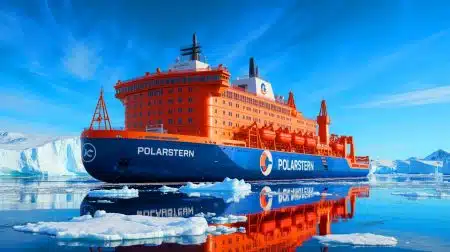
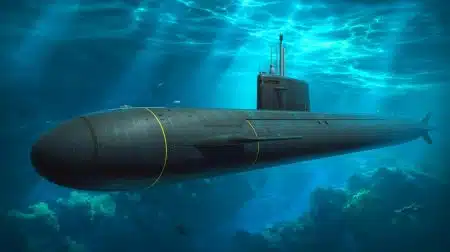
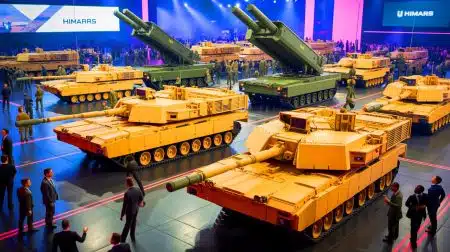

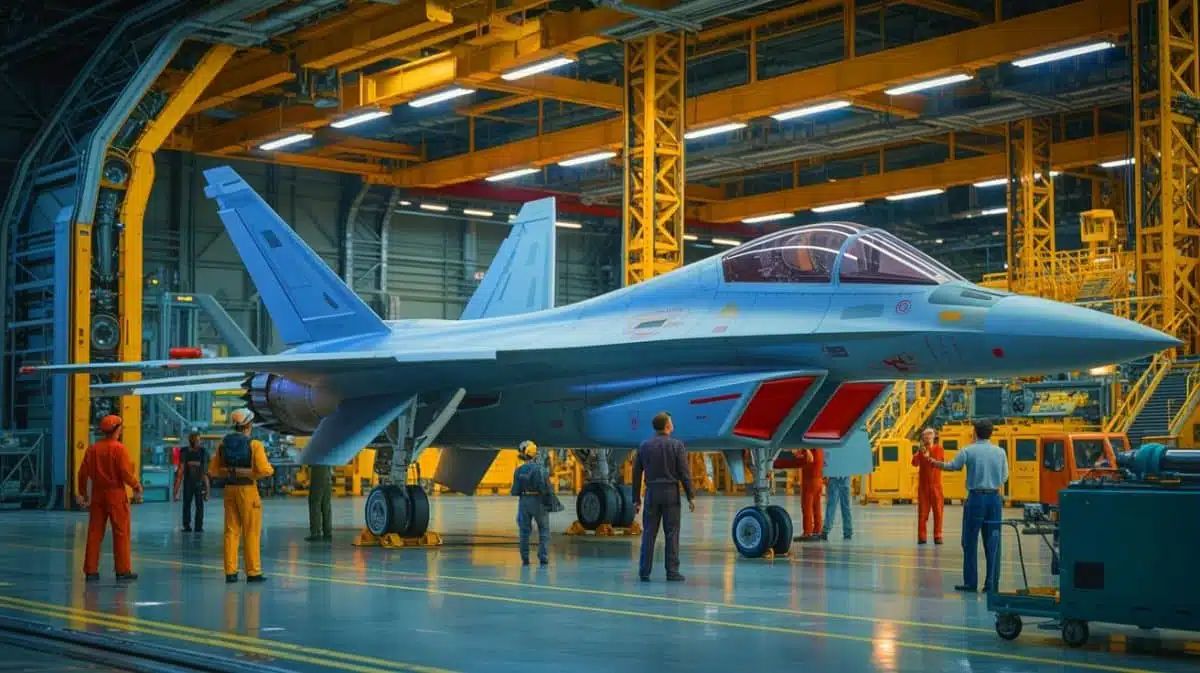
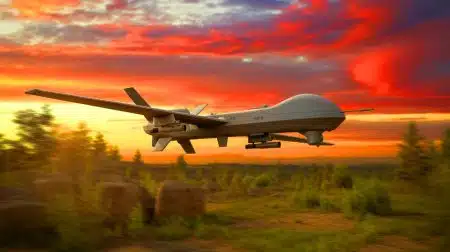
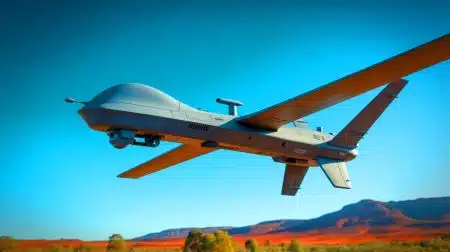
Is this the beginning of the end for European defense collaboration? 🤔
Progress is an illusion”? More like progress is a delusion!
Thank you for the detailed breakdown. It’s a complex issue indeed.
Why can’t they just get along? Seems like a lot of egos are at play here. 😅
Are we underestimating the geopolitical challenges involved in this project?
Sounds like a never-ending soap opera with all these disputes. 🎭
What a mess! Maybe they should consider hiring a project manager?
Is Dassault Aviation considering going solo after all these hurdles?
Great insights into the internal dynamics. Thanks!
Maybe they should just let Elon Musk handle it? 😂
How does this impact other European military projects?